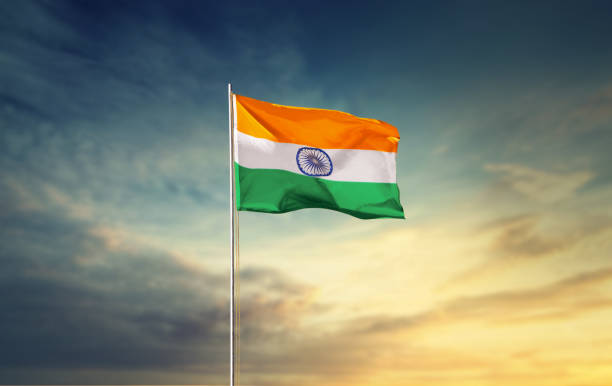
Demonstrating India’s enhanced geopolitical influence, Narendra Modi recently embarked on a noteworthy visit to the Middle East. Initiated on February 13th, this journey seamlessly intertwined critical elements—including business and security. The first step was the UAE, where Modi not only signed an investment treaty but also took centre stage at a rally attended by 40,000 Indian expatriates and inaugurated a new Hindu temple. Subsequently, in Qatar, he secured the release of eight Indians incarcerated for espionage. All of this while Indian navy ships actively contribute to the safeguarding of global shipping amid threats from pirates and Houthi missiles. Modi’s visits in the Middle East can be interpreted as shift in India’s strategy in the region. In fact, it seems that Modi is now trying to loosen India’s relations with Iran whilst aligning its interests with the Gulf Arab states and Israel.
Nonetheless, Modi’s visit was also, to some extent, aimed at domestic political gains; with the elections approaching, Modi also needed to mobilise India expatriates, who are vital for political funding. Similarly, the visit helped spreading the perception that Modi is strengthening India’s position on the international stage, especially in the Islamic world where its influence had decreased after independence in 1947. A big point of fracture was Arab states’ support for Pakistan in the then ongoing conflict with India. Similarly, India’s ties with Iran and support for Palestinians undermined its relations with Israel, a now strategically important ally in the region.
This process has been ongoing in recent years as the always stronger economic ties between India and Gulf states reveal. India’s economic ties with the region have gone from imports of oil and export of cheap labour to diversified trade. Bilateral agreements have intensified. In 2023 India and UAE signed a deal that would double non-oil bilateral trade by 2030. Simultaneously, India has managed to secure significant investments from Gulf Arab states. The Emirati, UAE and Saudi Arabia have all invested billions in the fastest-growing economy of India. Importantly, India has also succeeded in its attempt to present itself as a valid alternative to China in the infrastructure sector. In fact, many Indian big companies have won infrastructure contracts in the region. Furthermore, India has also successfully tried to capitalise on its new ties with the Middle East to strengthen its influence in the West, for example through the plan, backed by America and the EU, to establish a trade corridor linking India to Europe through the Middle East.
As Indian ties with Arab Gulf countries have tightened, its ties with Iran, a long-standing partner, have weakened, especially after American sanctions forced India to stop importing Iranian oil. Similarly, India’s relations with Israel have changed on security grounds. In fact, Israel has become one of India’s main weapons suppliers. Furthermore, together with several Gulf states it is a major partner in counterterrorism. The shift in strategy away from its ties with Iran and closer to Israel and Gulf partners was also evident in India’s initially strong support for Israel following Hamas’ attacks. Although the Indian government had to recalibrate its support for Israel following intense criticism of Israel’s response in Gaza, its position signals a shift in alliances. Obviously, such shift will be dependent on the position taken by Gulf Arab states, which remain India’s priority.
To conclude Modi’s recent visits in the Middle East are important both in terms of domestic and foreign policy. Domestically, they help Modi spreading the campaign message that India’s status on the international stage was strengthened by his government. They also allow Modi to interact and mobilise wealthy Indian expats in Arab Gulf countries to contribute to his campaign. Internationally, these visits signal a shift that has started in recent years in terms of foreign politics; such a shift entails India taking a step away from Iran and Palestinians to take one step closer to Arab Gulf states and Israel, which is increasingly strategically important to India on security matters. Such a shift would benefit all sides involved; as seen, it would particularly increase foreign investments to India, which, in turn, could be instrumental in India’s aspiration to become a competitor to China on infrastructure and technology in the region. Similarly, by strengthening ties with Gulf Arab states, India might contribute to their efforts, joint with the US, to stabilise the region whilst gaining more diplomatic influence in the region. It should, however, be noted that the uncertainty and violence spreading in the Middle East make this shift riskier than probably previously envisioned by the Indian government. Especially now that the conflict is taking place beyond Gaza, Indian interests and investments risk being detrimentally impacted
By The European Institute for International Law and International Relations















